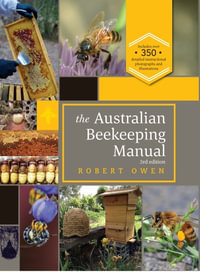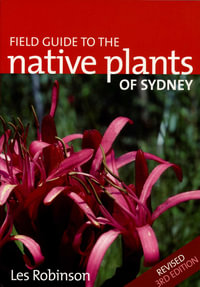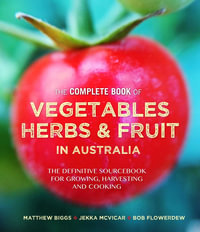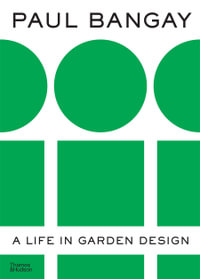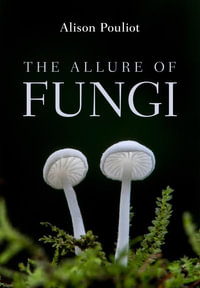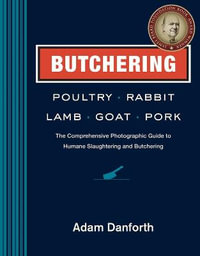Ecological and genetic control of plant resistance to unfavorable environmental influences is being carried out all over the world, and new varieties and hybrids of plants are being created, resulting in rich, new information and innovative new methods of cultivation. This new volume, Temperate Horticulture for Sustainable Development and Environment: Ecological Aspects, explores the vast biotic diversity in horticulture, with a focus on sustainable development in today's deteriorating environment. The book offers new technologies for a wide range of horticultural crops, including vegetables, fruit, berries, and flowers. The information presented here is the result of original experiments and study of leading specialists in horticulture, plant breeding, and related areas.
Part 1, Innovation in the Field of Vegetable Growing, looks at several completely new methods for increasing the yield of potatoes and cucumbers. The second part. The Arctic Berries: Ecology and Biochemistry presents an abundance of data on the phytocenotic properties of wild-growing and cultivated berry plants and of arctic raspberry and blueberry in natural populations of taiga zones. The authors studied berry crops, cranberry, Arctic bramble, blueberry, Arctic raspberry, cowberry, growing on the boggy soil and peatlands in taiga zones.
Part 3, Decorative Plants: Breeding and Biochemistry, provides an overview of winter garden plants and their successful cultivation, looks at the range of resistance to salinization and other stresses of ornamental plants growing, and presents a biochemical analysis of biological active compounds and antioxidants among various species of the genus Aloe.
Part 4, on Fruit Growing and Breeding, reviews various technologies for the cultivation of various fruits and presents an overview of data on breeding rare fruit crop.
This volume will be useful for the scientific community, ecologists, geneticists, breeders, and industry professionals interested in using science to implement practical applications in production of fruits, vegetables, and flowers.
Industry Reviews
"The book is devoted to solving the actual problems of production of ecologically safe products: potatoes, vegetables, berries, etc., which meets the relevant international requirements. The information contained in the book allows us to consider the problem of safe production of horticultural products as well as gardening and plant growing in a broad ecological aspect, which is of great importance for the moderate and sustainable use of biological resources. Of particular note is the great contribution made by the editors of the book: Larissa Weisfeld, Anatoly Opalko, Sarra Bekuzarova, as well as Gennady Zaikov and Alexander Goloshchapov, as they consider the actualization of this problem. With regard to direct agricultural production, the book indicates the directions on which agriculture can be oriented with the aim of providing the population with environmentally safe and biologically valuable products. . . . An interesting book useful for professionals and entrepreneurs interested in applying the latest scientific achievements."
-Volodymyr Ar. Doronin, DSc, Professor, Head of Laboratory of the Institute of Bioenergy Crops and Sugar Beet of NAAS, Ukraine
"The authors study the extensive biotic diversity in the field of horticulture for the purpose of sustainable development of production in current soil and climatic conditions, including anthropogenic pressure on the soil and composition of the air environment harmful to living organisms by chemicals. Researchers of this volume offer new technologies for a wide range of garden plants, including vegetables (potatoes and cucumbers), fruit and berry (apple or berry crops), nut-bearing crops, as well as floral and ornamental plants, including indoor landscaping of office premises and hotel lobbies and winter garden facilities. [This] volume will be useful for the scientific community, including for ecologists; geneticists and breeders; gardeners who are interested in using science for industrial production of fruits, vegetables and flowers; as well as for beginning scientists, such as graduate students and students who want to live their life in science and practice studying scientific material and English-language literature."
-Valentin V. Polishchuk, DSc, Professor of Uman National University of Horticulture, Dean of the Department of Landscape Architecture, Ukraine

